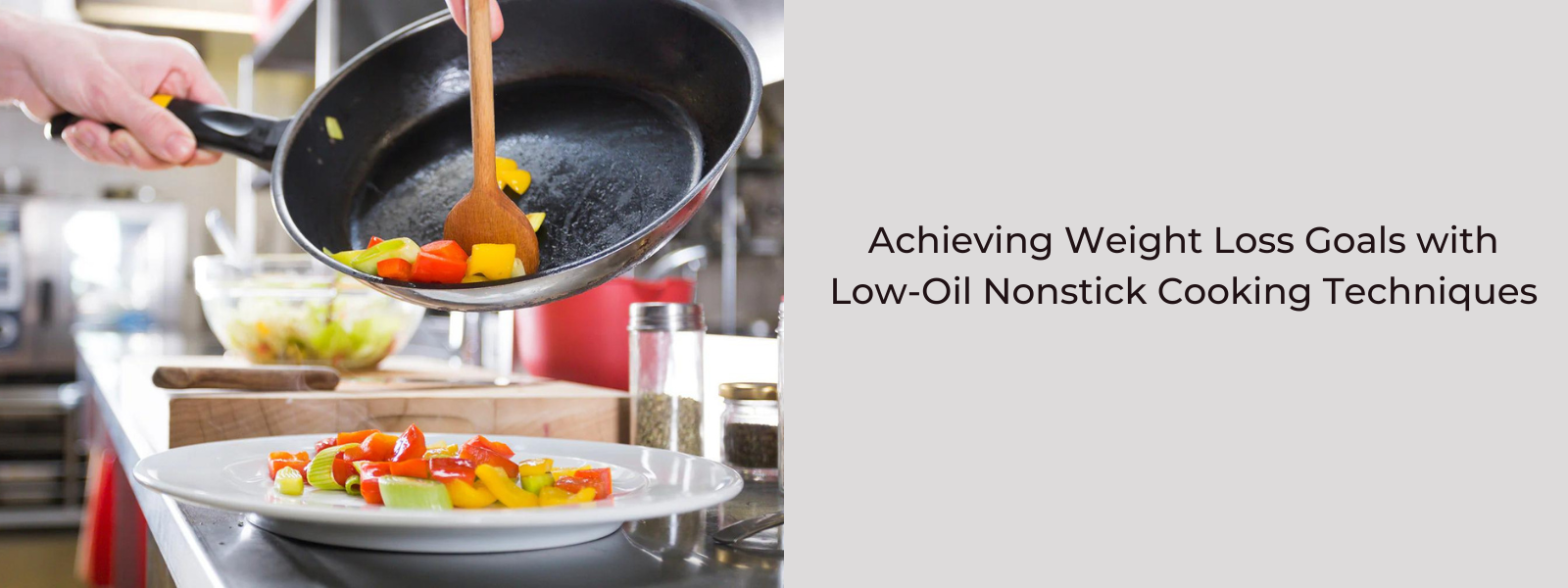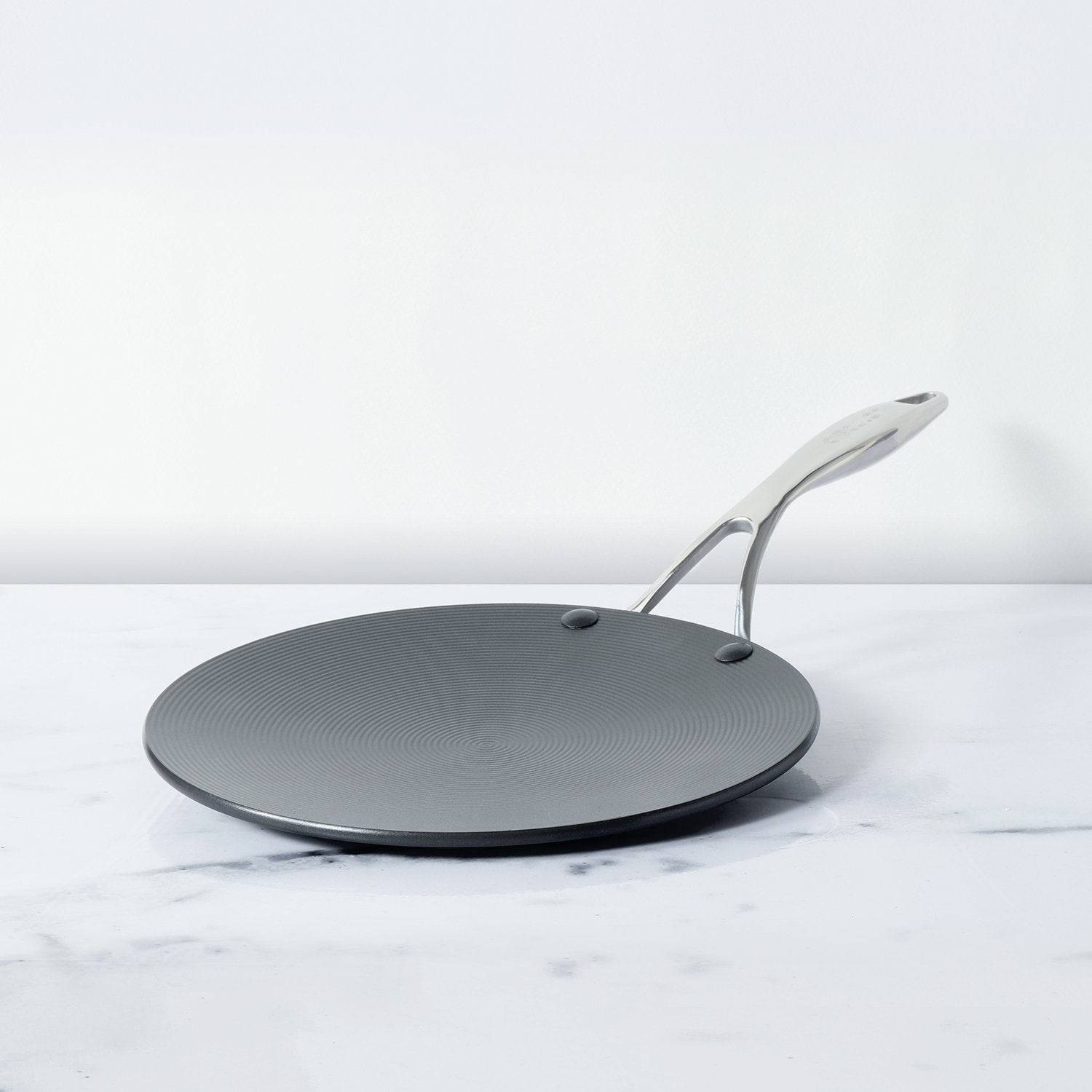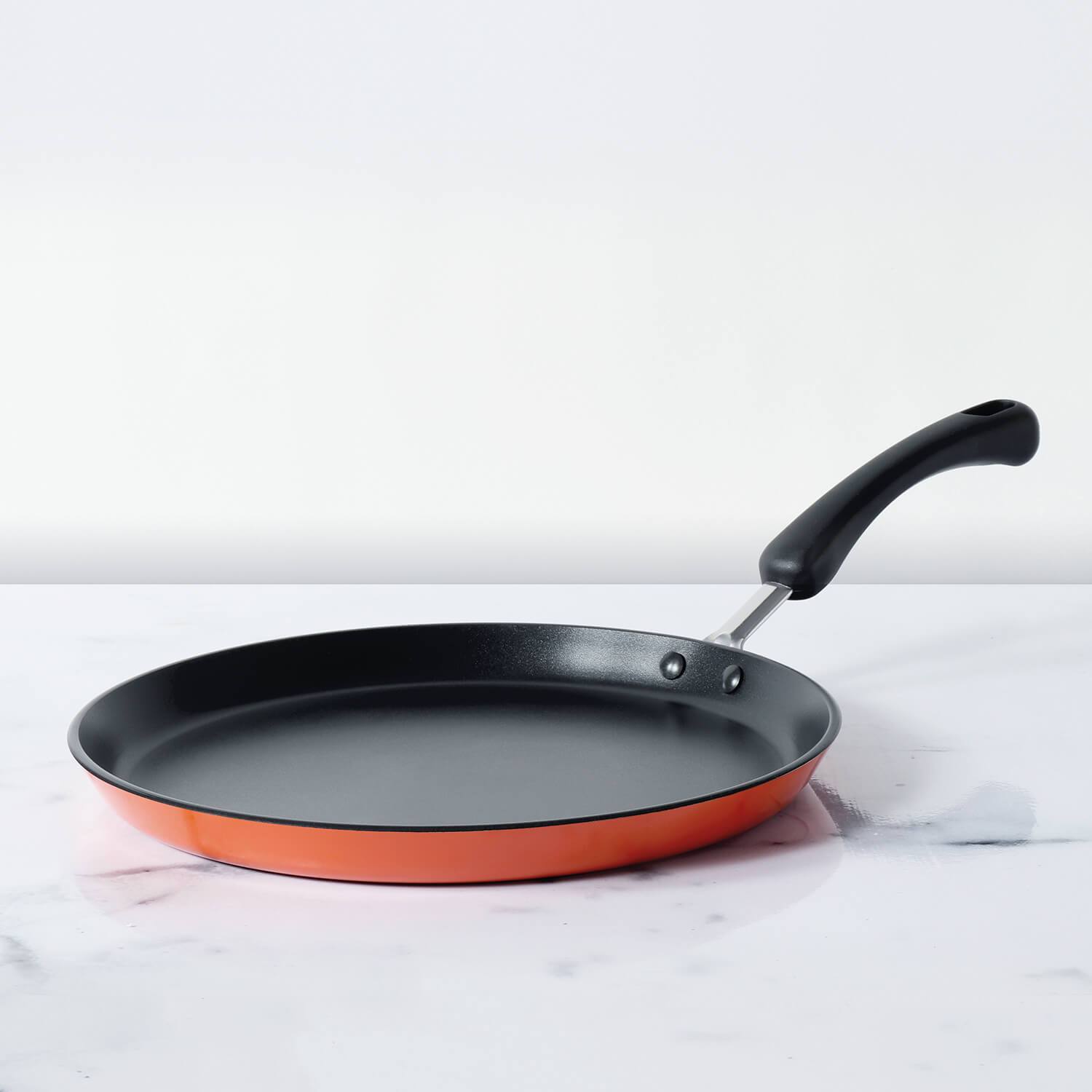Exploring the relationship between oil consumption and weight gain reveals a complex interplay influenced by multiple factors. While oil is a concentrated source of calories and fat, its impact on weight gain varies depending on factors such as the type of oil consumed, portion sizes, cooking methods, and overall dietary patterns. Consuming oils high in unhealthy fats, such as saturated and trans fats, found in fried foods and processed snacks, can contribute to weight gain and increase the risk of chronic diseases. However, incorporating moderate amounts of healthy fats, such as monounsaturated and polyunsaturated fats found in olive oil and nuts, can have beneficial effects on weight management and overall health. Additionally, the way oil is used in cooking, portion control, and individual metabolic factors also play a significant role in determining its impact on weight gain. Overall, making informed choices about the type and amount of oil consumed, along with adopting healthier cooking methods and dietary habits, can help mitigate the potential risks associated with oil consumption and support weight management efforts.
Table of Contents
Is There Any Relationship Between Oil Consumption and Weight Gain?
Here are some key points exploring the relationship between oil consumption and weight gain:
- Calorie Density: Oil is a calorie-dense food, with approximately 120 calories per tablespoon. Consuming large quantities of oil can lead to an increase in overall calorie intake, potentially contributing to weight gain.
- Type of Oil: Different oils have different compositions of fats. Oils high in unhealthy fats, such as saturated and trans fats, may contribute to weight gain and adverse health effects when consumed in excess. In contrast, oils rich in healthy fats, such as monounsaturated and polyunsaturated fats, may have less impact on weight gain and can even offer health benefits.
- Cooking Methods: The way oil is used in cooking can impact its effect on weight gain. Deep frying and pan frying involve submerging food in hot oil, resulting in significant calorie absorption. Lighter cooking methods such as baking, grilling, or sautéing with minimal oil can help reduce calorie intake while still imparting flavor and texture to dishes.
- Portion Control: Practicing portion control when cooking with oil is essential for managing calorie intake. Using measuring spoons or sprayers to apply oil can help control portion sizes and prevent overuse.
- Overall Dietary Context: The impact of oil consumption on weight gain also depends on the overall dietary context. Consuming a balanced diet rich in whole foods, fruits, vegetables, lean proteins, and whole grains alongside moderate amounts of healthy fats can support weight management and overall health, even if oil is included in the diet.
- Individual Factors: Individual factors such as metabolism, genetic predisposition, activity level, and overall lifestyle habits can influence how oil consumption affects weight gain. Some people may be more sensitive to the calorie density of oil and may need to be more mindful of their intake to maintain a healthy weight.
How Does Excessive Oil Consumption Increase Weight?
Excessive oil consumption can contribute to weight gain through several mechanisms:
- Calorie Density: Oil is a highly calorie-dense food, with approximately 120 calories per tablespoon. Consuming large quantities of oil can significantly increase overall calorie intake, leading to a caloric surplus. When the body consumes more calories than it expends through metabolism and physical activity, the excess calories are stored as fat, contributing to weight gain over time.
- Unhealthy Fats: Certain oils, particularly those high in unhealthy fats such as saturated and trans fats, can promote weight gain and adverse health effects when consumed in excess. These fats are more readily stored as body fat compared to healthier fats like monounsaturated and polyunsaturated fats. Additionally, diets high in saturated and trans fats have been linked to increased risk of obesity and related conditions, such as heart disease and type 2 diabetes.
- Cooking Methods: Cooking methods that involve deep frying or pan frying foods in oil can further increase calorie intake and promote weight gain. Foods absorb a significant amount of oil during frying, adding additional calories to the meal. Moreover, fried foods tend to be more calorie-dense and less satiating compared to foods prepared using lighter cooking methods such as steaming, baking, or grilling.
- Poor Portion Control: Excessive oil consumption can also result from poor portion control. Pouring or drizzling oil directly from the bottle without measuring can lead to overuse and contribute to higher calorie intake. Using excessive amounts of oil in cooking or as a dressing for salads and vegetables can quickly add up in calories, leading to weight gain over time.
- Metabolic Effects: Some research suggests that certain types of fats, particularly saturated and trans fats, may influence metabolism and promote weight gain by altering hormone levels and metabolic processes in the body. These fats may increase appetite, promote fat storage, and impair insulin sensitivity, all of which can contribute to weight gain and obesity.
Best Ways To Consume Oil To Avoid Gaining Weight:
Consuming oil in moderation and choosing healthier oils can help prevent weight gain while still enjoying the benefits of fats in the diet.
Here are some of the best ways to consume oil to avoid gaining weight:
- Use Healthy Oils: Opt for oils that are rich in monounsaturated and polyunsaturated fats, such as olive oil, avocado oil, and canola oil. These oils contain beneficial fatty acids and are less likely to contribute to weight gain compared to oils high in saturated and trans fats.
- Practice Portion Control: Be mindful of portion sizes when using oil in cooking or as a dressing. Measure oil using a tablespoon or use a spray bottle to distribute oil evenly over surfaces. This helps control the amount of oil used and prevents excess calorie intake.
- Choose Lighter Cooking Methods: Use cooking methods that require less oil, such as baking, grilling, steaming, or sautéing with minimal oil. These methods allow you to impart flavor and texture to dishes without adding excessive calories from oil.
- Incorporate Oil in Balanced Meals: Include small amounts of oil as part of balanced meals that contain plenty of vegetables, lean proteins, whole grains, and legumes. Using oil in conjunction with fiber-rich foods can help slow down digestion, promote satiety, and prevent overeating.
- Opt for Healthier Preparation Techniques: When frying foods, consider healthier preparation techniques such as shallow frying or using an air fryer, which requires less oil compared to deep frying. Alternatively, lightly coat foods in a small amount of oil before baking or grilling for added flavor and moisture.
- Be Selective with Oil Usage: Reserve the use of oil for dishes where it adds significant flavor or texture, such as salad dressings, marinades, and stir-fries. For dishes that don't require oil, consider omitting it altogether or using alternatives such as broth, vinegar, or citrus juice.
- Balance Oil Consumption Throughout the Day: Spread oil consumption evenly throughout the day rather than consuming large amounts in a single meal. This helps prevent spikes in calorie intake and allows for better energy balance.











Leave a comment